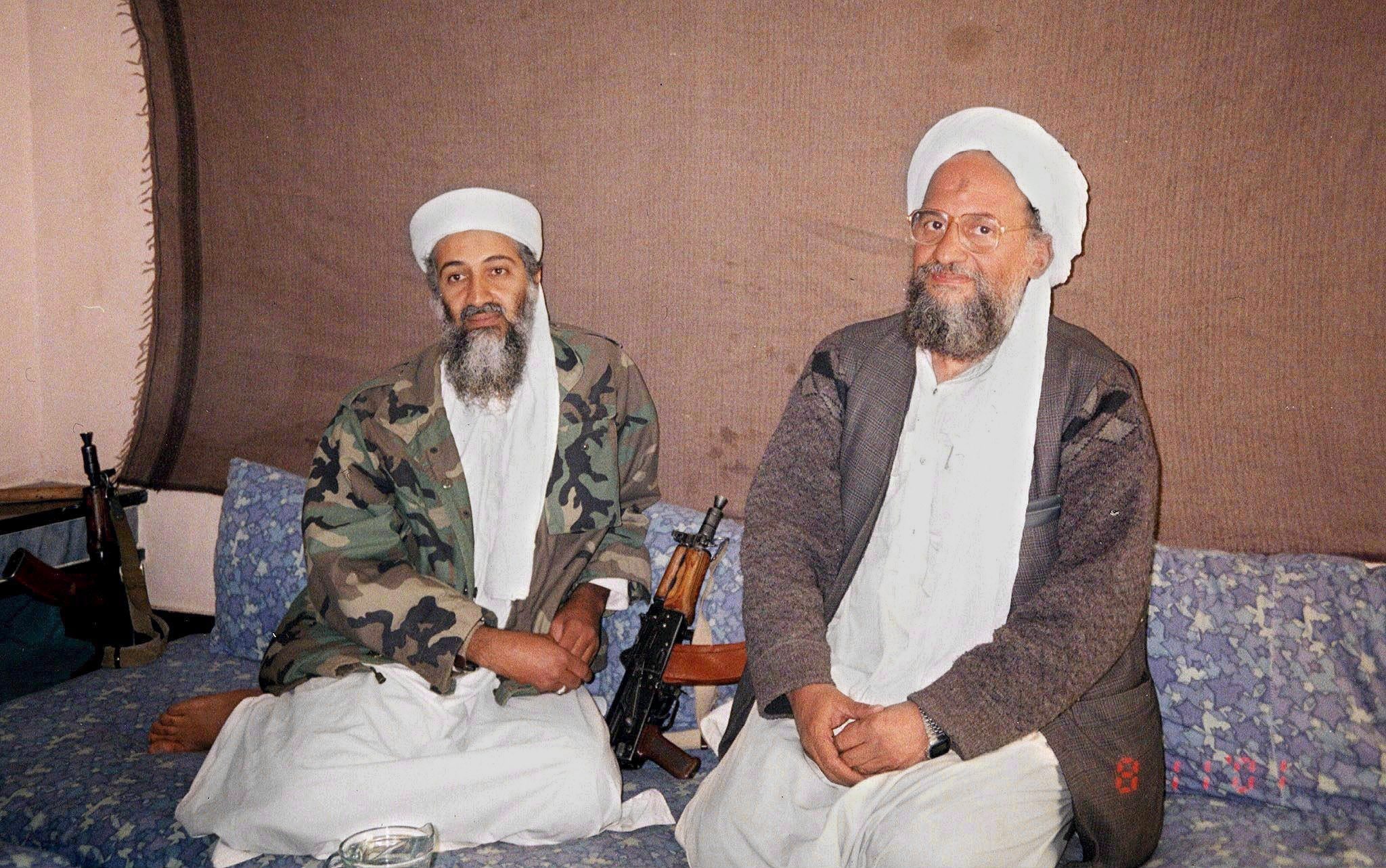THE INTEL ANGLE
Mitchell Prothero speculates as to what impact Saddam’s capture will have on intel operations.
Although the capture might convince former regime officials, who Iraqi resistance forces say are involved in organizing the attacks, to cooperate with U.S. forces if captured as they no longer need fear his wrath, it seems unlikely Saddam has any meaningful information on current operations.
***
With initial reports calling Saddam cooperative with his captors there stands to reason this could offer major intelligence benefits for the occupation, even if not in terms of fighting the resistance movements. The biggest benefits will come on two questions that have plagued the Bush administration since the fall of Iraq: What happened to the weapons of mass destruction that everyone was so convinced Saddam possessed, and what of the claims that Saddam’s regime had serious working ties to Osama bin Laden’s al-Qaida terrorist network.
On the WMD point, Saddam’s capture should lead to answers almost immediately. Saddam knows his run is over and any trial he faces at best will lead to life imprisonment. His only major success in 2003 was the embarrassment of the U.S.-led coalition when the much-discussed biological and chemical weapons were never delivered as promised by the invasion.
For a man with an enormous ego — facing little chance of survival — Saddam will be unlikely to resist the urge to brag about either how he deceived the world into believing he posed a threat with his WMD or to brag about how he hid such weapons. So there’s little downside for him to cooperate on this issue, which will lead to an intelligence coup for U.S. forces.
On the second point, it seems unlikely he will see much point in cooperating, particularly when an admission of any substantive links to al-Qaida would justify an invasion in the first place. Saddam will have little interest in helping the U.S. justify the invasion on this front, plus there’s a considerable chance that no such links existed and that his claims to that effect will be ignored.
However, his capture might lead to Baath officials already in U.S. custody cooperating more enthusiastically with their interrogators and could shed additional light on a host of important issues.
That sounds about right. One would think the fact that Saddam didn’t even bother to fight back would also weaken the resolve of any loyalists who had been holding out from a sense of duty.






It’s hard to tell at his point what information that Saddam has of the ongoing world events. But, at this point he will only get what he is ‘fed’ by the interrogators. This information depravation will undoubtedly work against Saddam. Also his former backers will not know what information he has or has revealed. This will work against them. This is when the information war will really heat up.
Or Saddam could continue to deny he ever had WMD. He’d do this to hurt President Bush’s chances at re-election.
If he really wants to hurt Bush’s chance of reelection he could just endorse Howard Dean.
—